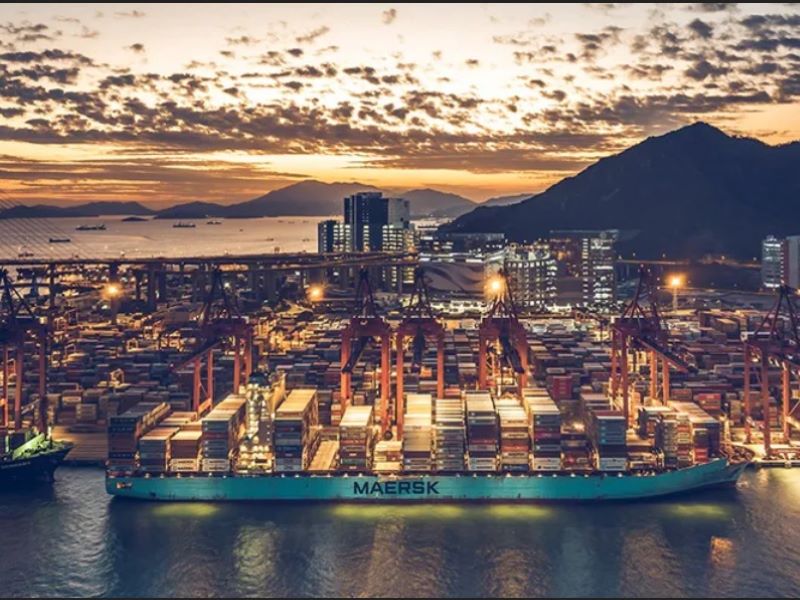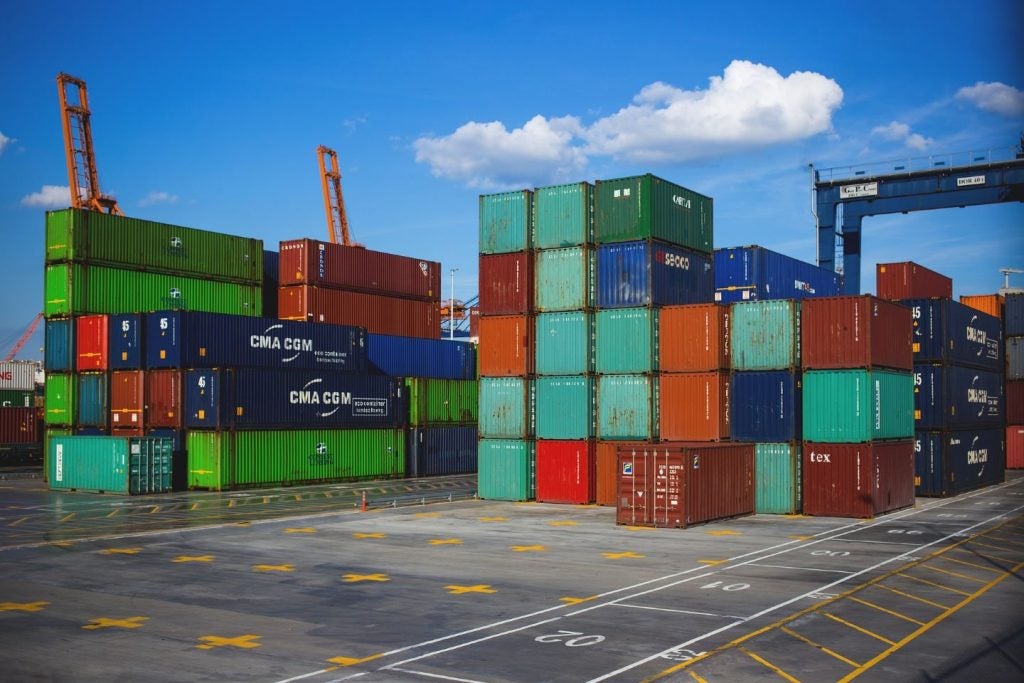
Danish shipping giant Maersk has posted earnings before interest and taxes (EBIT) of $30.9bn for the full year ended 31 December 2022, a 57% surge from $19.6bn in 2021.
Earnings before interest, taxes, depreciation and amortisation (EBITDA) soared from $24.03bn to $36.8bn.
This is said to be the firm’s best-ever annual result.
Revenues soared 32% to $81.5bn in 2022, from $61.7bn the previous year.
The firm reported increases of 33% and 47% in revenue from the ocean as well as logistics and service segments, respectively.
In Terminals, the firm’s EBIT stood at $1.2bn, adjusted for the Russia exit.
However, its EBIT in Q4 2022 dropped to $5.1bn, from $6.6bn in the same period the previous year, while EBITDA fell from $7.9bn to $6.5bn.
Revenues also decreased from $18.5bn to $17.8bn over this period.
The Q4 decline was largely driven by the firm’s container shipping business, where EBIT dropped from $6.3bn to $4.8bn in Q4 2021 while revenues dipped from $14.6bn to $13.3bn.
The firm also flags a difficult 2023, with container freight volumes expected to drop by as much as 2.5%.
Furthermore, the ‘normalisation’ of the ocean market following the easing of congestion is also expected to affect the year’s performance.
Commenting on the outlook for 2023, Maersk said: “Guidance for 2023 is based on the expectation that inventory correction will be complete by the end of the first half, leading to a more balanced demand environment. 2023 global GDP growth is expected to be muted and global ocean container market growth to be in a range of -2.5% to +0.5%. AP Moller-Maersk expects to grow in line with the market.
“Based on these assumptions, for the full year 2023, AP Moller-Maersk expects an underlying EBITDA of $8.0bn-$11.0bn, an underlying EBIT of $2.0bn-$5.0bn, and free cash flow (FCF) of at least $2.0bn.”





